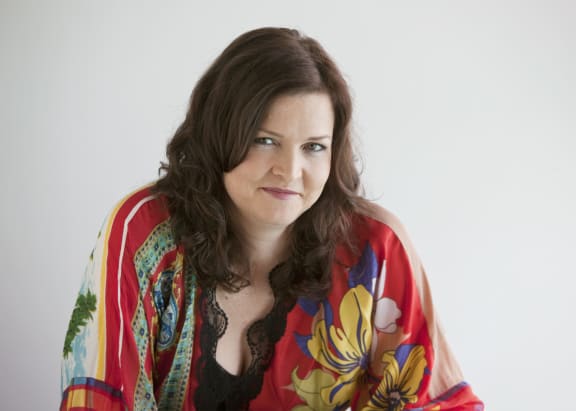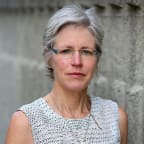Young patients with bowel cancer are waiting too long to be diagnosed, research says.

Photo: 123RF
The Otago University study, published in the Medical Journal today, involved 98 patients who completed online questionnaires in January and February.
For more than half it took six months to get a diagnosis and for some it was much longer than that. The study also found that younger patients who could only afford the public health system waited the longest.
Problems began for Auckland journalist Atakohu Middleton with serious gut aches and occasional blood when she went to the toilet. That was 15 years ago. She was 33.
She never previously had any serious health problems, but the pain became unbearable.
"Once it was an emergency after-hours clinic, carried by my husband because I couldn't walk. Another time my usual GP, and there was a third visit to an after-hours clinic.
"They basically sent me away with no diagnosis."
She persisted and eventually got a scan that revealed advanced bowel cancer, which had spread into a lymph node.
"I was very upset and there was one night when I had my family around and just cried all over them for a couple of hours."
Her surgery was successful and she's now being managed with regular, close monitoring.

Atakohu Middleton. Photo: Supplied.
But Ms Middleton wanted other's symptoms to be taken seriously.
"If you've got unexplained abdominal pain, don't let your doctor send you away with no diagnosis or no referral elsewhere."
Wellington man Stefan Corbett, 48, said his symptoms were unremarkable.
"I had a little bit of bleeding when I went to the bathroom and a little bit of change in bowel habit. Otherwise there was really nothing else happening with me."
He said three different GPs over a six-month period suggested haemorrhoids, or a cut, but never cancer.
He was referred for a diagnostic colonoscopy but because it didn't appear urgent he faced a wait of several more months.
Mr Corbett went private, got his diagnosis, had four operations and chemo, but still felt lucky.
"It was very, very close to having gone through the bowel wall, and then once it does that of course it starts to spread around the body, so it was lucky that I acted when I did."
Bowel cancer kills 1200 people a year. About 20 percent of those are younger than 60.
The national screening programme being rolled out nationwide is targeting those aged 60 to 74.
One of the study's researchers, Sarah Derrett, said she supported screening but the programme lacked enough endoscopists who diagnosed the cancer.
She was worried that would add to the waiting times elsewhere in the system, especially for younger patients.
"We really need some urgent action to increase the workforce. We have small nurse endoscopy programmes that are under way but training four nurse endoscopists in a year is simply not going to address the significant workforce shortages we have."




